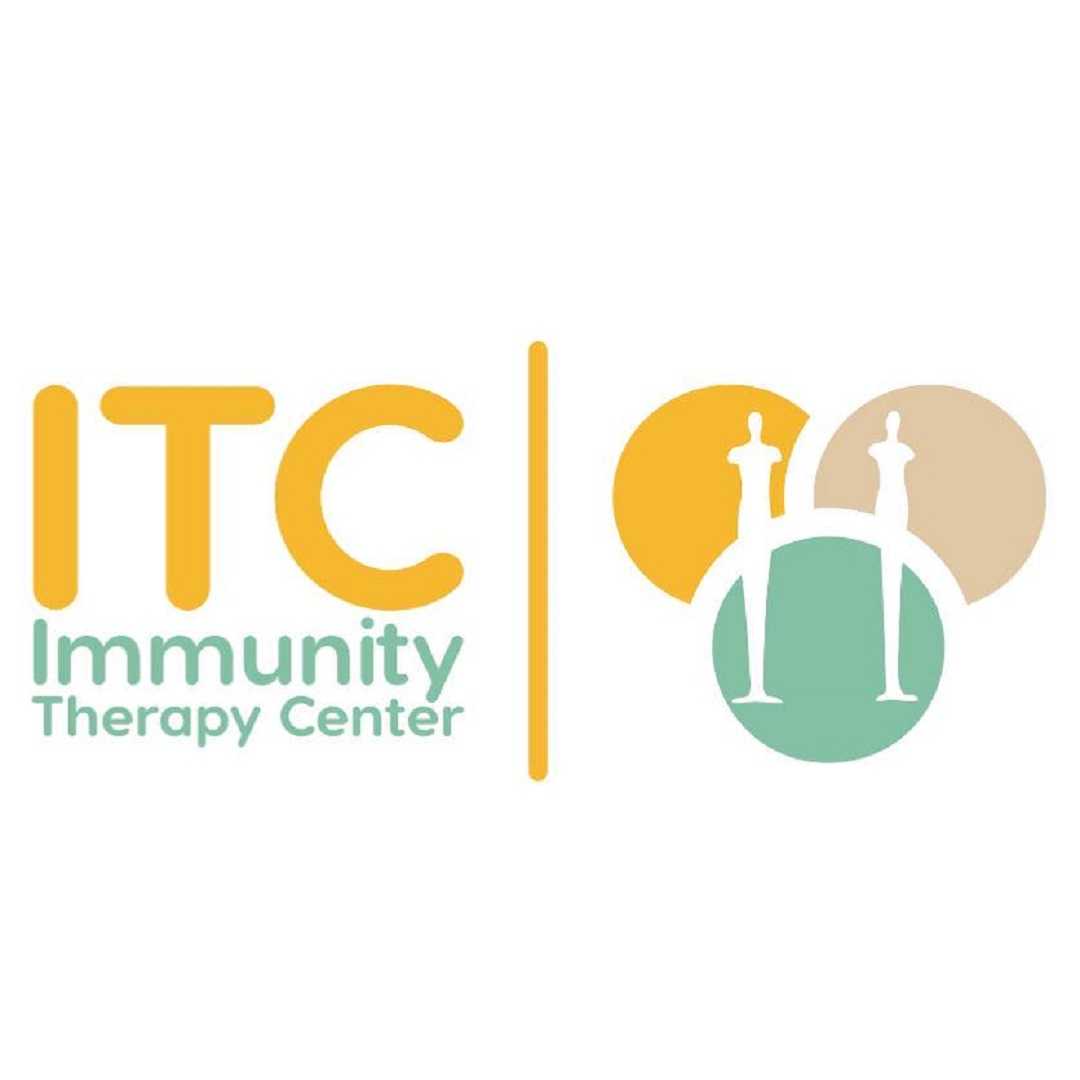Comparing Costs of Alternative Cervical Cancer Treatments in Mexico

"The cost of alternative cervical cancer treatments in Mexico can range from a few hundred dollars for consultations to upwards of $60,000 for comprehensive, multi-week programs."
Deciding on a course of treatment for cervical cancer is a significant life decision, and for many, exploring options beyond conventional medicine is an important part of the journey. Mexico has become a prominent destination for those seeking alternative cervical cancer treatments, offering a blend of innovative therapies at costs often significantly lower than in the United States and other Western countries. The cost of alternative cervical cancer treatments in Mexico is a major draw, but it's crucial to understand the factors that influence these prices and what to expect from the various programs available. This guide will break down the costs, the types of treatments offered, and other essential considerations for anyone contemplating this path.
What is the average cost of alternative cervical cancer treatment in Mexico?
"The average cost for a comprehensive alternative cervical cancer treatment program in Mexico typically falls between $15,000 and $40,000 for a multi-week session."
This price range is an estimate, and the final cost will depend heavily on the specific clinic, the types of therapies included in your personalized treatment plan, and the duration of your stay. Some clinics offer outpatient programs that are more affordable, while intensive inpatient programs with 24/7 medical supervision will be at the higher end of the spectrum. It's important to get a detailed quote from your chosen facility that outlines all included services to avoid any unexpected expenses.
For instance, a three-week outpatient program at a facility like the Immunity Therapy Center is advertised at around $18,995, while their inpatient program costs approximately $29,995. Other clinics may offer personalized plans that can exceed $60,000, especially if they involve highly specialized or experimental therapies. The key is to find a program that aligns with both your health needs and your budget.
What are the different types of alternative cervical cancer treatments available in Mexico?
"Mexico offers a wide array of alternative cervical cancer treatments, including immunotherapy, metabolic therapy, hyperthermia, and various forms of detoxification and nutritional support."
These treatments are often used in combination to create a holistic and individualized treatment plan. Unlike conventional treatments that primarily focus on destroying cancer cells, these alternative therapies often aim to boost the body's natural defenses, improve overall well-being, and target cancer cells with minimal harm to healthy tissues.
Here's a closer look at some of the common alternative treatments for cervical cancer you might find in Mexico:
-
Immunotherapy: This approach uses the body's own immune system to fight cancer. This can include treatments like dendritic cell vaccines, natural killer (NK) cell therapy, and cytokine therapies.
-
Metabolic Therapy: This focuses on the idea that cancer cells have a different metabolism than healthy cells. The Gerson Therapy is a well-known example, involving a strict organic, plant-based diet, raw juices, and detoxification methods.
-
Hyperthermia: This treatment involves heating the body's tissues to high temperatures to damage and kill cancer cells. It can be applied locally to the tumor or to the whole body.
-
Nutritional Therapy: Intravenous (IV) vitamin C drips, and other high-dose vitamin and mineral infusions are commonly used to support the immune system and overall health.
-
Detoxification Therapies: Treatments like ozone therapy and chelation therapy aim to remove toxins from the body, which is believed to help in the healing process.
What factors influence the cost of treatment?
"The primary factors that influence the cost of alternative cervical cancer treatment in Mexico are the type and complexity of the therapies, the duration of the program, the reputation and location of the clinic, and whether the program is inpatient or outpatient."
The more advanced and personalized the treatment, the higher the cost is likely to be. For example, a program heavily reliant on cutting-edge immunotherapies will be more expensive than one focused primarily on diet and nutritional support. The length of your stay is another significant factor; a six-week program will naturally cost more than a three-week program.
The reputation and location of the clinic also play a role. Well-established clinics with a long history of treating international patients may have higher prices. Similarly, clinics in popular tourist destinations might have higher overhead costs that are reflected in their pricing. Finally, inpatient programs that include accommodation, meals, and 24-hour nursing care will be more expensive than outpatient programs where you are responsible for your own lodging and food.
Are there any hidden costs I should be aware of?
"Yes, it's essential to be aware of potential hidden costs, which can include travel expenses, accommodation (for outpatient programs), post-treatment supplements, and follow-up consultations."
While many clinics are transparent with their pricing for the treatment program itself, you need to budget for other expenses. Airfare to and from Mexico, as well as ground transportation, can add a significant amount to your overall cost. If you opt for an outpatient program, you'll need to factor in the cost of renting an apartment or staying in a hotel for the duration of your treatment.
Additionally, many alternative treatment protocols require patients to continue with a strict supplement and dietary regimen after they return home. The cost of these supplements can be substantial over time. It's also wise to inquire about the cost of any follow-up consultations, whether in-person or remote, as these may not be included in the initial treatment package.
Is financing available for these treatments?
"While most alternative cancer treatments in Mexico are not covered by insurance, some clinics offer payment plans and financing options. Many patients also turn to crowdfunding platforms to raise money for their treatment."
Unfortunately, because these therapies are considered "alternative" or "experimental" by mainstream medical standards, it is highly unlikely that your health insurance will cover the costs. This means you will likely have to pay out-of-pocket.
To help patients manage these expenses, some clinics in Mexico have partnerships with medical financing companies or offer their own in-house payment plans. This can allow you to spread the cost of your treatment over several months or years. Another popular option is to use crowdfunding websites like GoFundMe to share your story and solicit donations from friends, family, and even strangers who want to support your healing journey.
How do the costs in Mexico compare to the United States?
"The cost of alternative cervical cancer treatment in Mexico is often 50% to 70% lower than what you would pay for similar or even conventional treatments in the United States."
The significant cost savings is one of the primary reasons why so many people travel to Mexico for cancer care. In the U.S., a comprehensive cancer treatment plan can easily run into the hundreds of thousands of dollars. In Mexico, you can often receive a high-quality, personalized treatment program for a fraction of that price.
This price difference is due to a combination of factors, including lower labor costs, less expensive medical supplies, and a different regulatory environment. However, it's important to remember that a lower price does not necessarily mean lower quality. Many of the top alternative cancer clinics in Mexico are staffed by experienced and dedicated medical professionals who are committed to providing excellent care.
What is typically included in a treatment package?
"A typical alternative cervical cancer treatment package in Mexico will include your personalized treatment plan, all necessary therapies and procedures, consultations with your medical team, and often meals and accommodation for inpatient programs."
When you receive a quote from a clinic, it should provide a detailed breakdown of what is included in the price. This will typically cover all the treatments that are part of your personalized protocol, such as IV therapies, hyperthermia sessions, and immunotherapy treatments. It should also include your initial and follow-up consultations with the doctors and other medical staff.
For inpatient programs, the cost will usually cover your room and board, including meals that are prepared according to your specific dietary needs. Some clinics also include additional services like transportation to and from the airport, and even some recreational activities. Be sure to clarify exactly what is and isn't included before you make a final decision.
How do I choose a reputable and affordable clinic?
"To choose a reputable and affordable clinic, it's essential to thoroughly research different facilities, read patient testimonials, and have direct consultations with the medical teams to discuss your case and get a detailed cost breakdown."
Start by creating a shortlist of clinics that seem to offer the types of treatments you are interested in. Then, delve into their websites, read online reviews and testimonials from former patients, and look for any red flags. A reputable clinic will be transparent about their treatments, their success rates, and their pricing.
The next step is to schedule consultations with your top choices. This is your opportunity to ask specific questions about their approach to treating cervical cancer, the experience of their medical staff, and what a personalized treatment plan for you would look like. Be sure to request a detailed, itemized quote so you can compare the costs of different clinics and make an informed decision.
Are there any risks associated with seeking alternative treatment in Mexico?
"While many patients have positive experiences, there are potential risks, including a lack of regulation in some clinics, the use of unproven treatments, and the possibility of delaying or forgoing conventional treatments that have been proven to be effective."
It's crucial to approach alternative cancer treatment in Mexico with a discerning eye. While there are many excellent clinics, there are also some that may make exaggerated claims or offer treatments that are not supported by scientific evidence. Be wary of any clinic that guarantees a cure or pressures you into making a quick decision.
One of the biggest risks is the temptation to forgo conventional treatments like surgery, chemotherapy, or radiation, which have a proven track record in treating cervical cancer. Many reputable alternative clinics in Mexico work in conjunction with conventional treatments, so it's important to have an open and honest conversation with your oncologist about any alternative therapies you are considering.
Ready to explore your options for high-quality, affordable medical care? Visit PlacidWay to discover a world of healthcare solutions and connect with trusted providers for your specific needs.




.png)





.png)

.png)






Share this listing